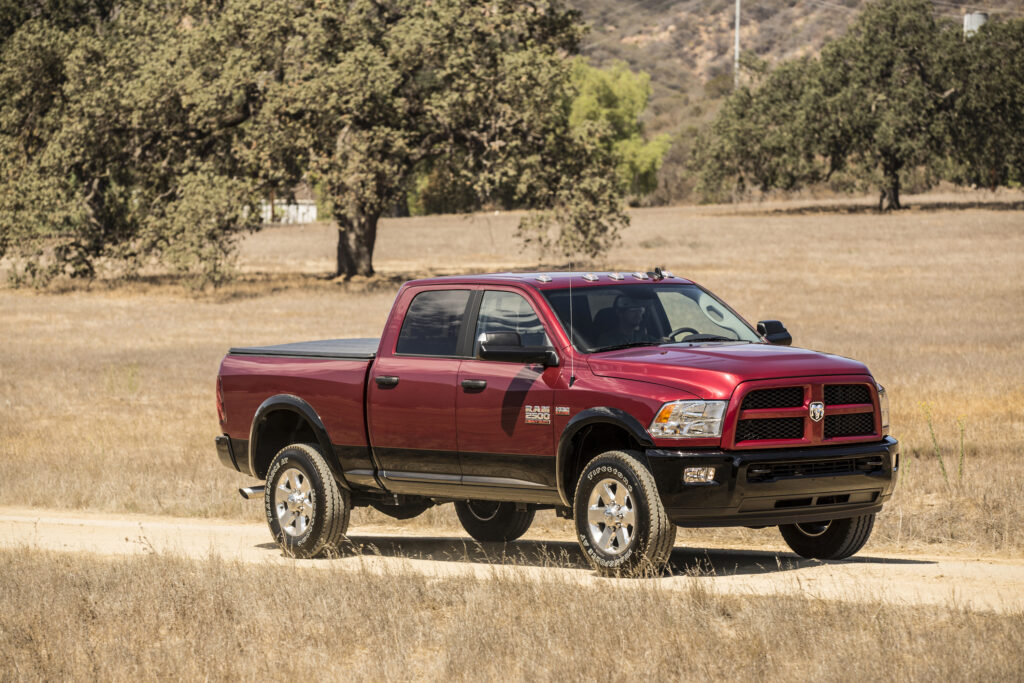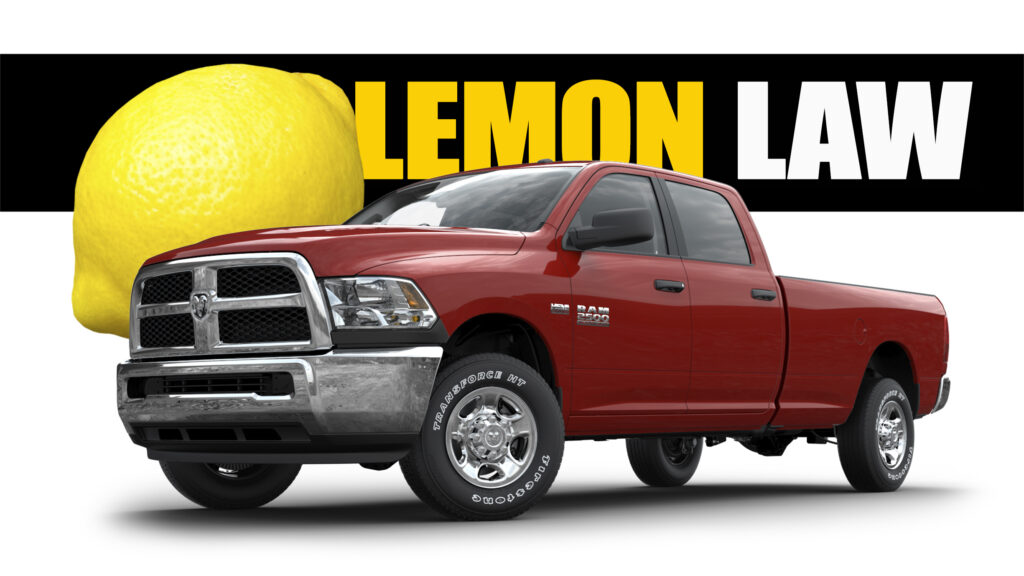- The California Supreme Court ruled only new cars with warranties qualify for Lemon Law.
- The court sided with FCA, which denied the replace-or-refund remedy for a defective Ram.
- The used truck had an active powertrain warranty when it experienced serious engine issues.
Californians purchasing a used car with an active manufacturer’s warranty just got an unwelcome reality check. According to a recent ruling by the California State Supreme Court, these vehicles are not covered under the state’s “refund-or-replace remedy” for defective cars, better known as the “Lemon Law.”
The decision effectively narrows protections for used car buyers, leaving many to shoulder the financial burden if their vehicle turns out to be problematic.
More: Hyundai Denies $10K Warranty Repair For Elantra N, Blames Owner For Over-Revving
The court’s October 31 decision is straightforward but frustrating for affected consumers. It reads: “We conclude that a motor vehicle purchased with an unexpired manufacturer’s new car warranty does not qualify as a ‘motor vehicle sold with a manufacturer’s new car warranty’… unless the new car warranty was issued with the sale.”
Why This Matters: The Lemon Law Loophole
This decision means that even if a used car still falls under its original manufacturer’s warranty, it doesn’t qualify for the legislation mandating automakers to refund or replace defective vehicles. Forsecond-hand buyers, that effectively puts a giant asterisk next to “warranty coverage,” limiting their ability to fight back against carmakers when repairs fail to resolve major issues.
The ruling came about from a lawsuit involving FCA Group (now part of Stellantis) and a 2011 Dodge Ram 2500. The plaintiffs bought the truck used in 2013 from Pacific Auto Center in Fontana. The truck had 55,444 miles on the clock but was still covered by the original five-year/100,000-mile powertrain warranty.
Unfortunately for the second owners, their Ram developed persistent engine issues—ones that failed to be resolved despite six trips to authorized FCA service centers between 2014 and 2015.

After FCA refused to replace the defective vehicle or offer a refund, the plaintiffs sued in 2018, citing the Song-Beverly Act (California’s Lemon Law). The court sided with FCA, agreeing that the law’s refund-or-replace remedy applies only to “new motor vehicles.” For used car buyers like these plaintiffs, that’s a hard pill to swallow, and an expensive one.
Consumer Groups Fight Back
Unsurprisingly, consumer advocacy groups are not taking this ruling lightly. They argue that it fails to protect buyers of used cars who often pay a premium for vehicles still under a manufacturer’s warranty, only to be left facing hefty repair bills when defects emerge.
More: Toyota Denies Warranty For GR Corolla Fire, Claims Tires Rated Below 85 MPH
Rosemary Shahan, president of Consumers for Auto Reliability and Safety (CARS), expressed her concern over the ruling: “This will have enormous consequences for millions of vehicle owners who pay extra for used vehicles that include the manufacturer’s warranties, with the reasonable expectation that if major problems arise, they won’t have to pay out of pocket for repairs”.
In other words, what good is a warranty if it doesn’t protect you when it matters most?
A Ripple Effect Across the Legal Landscape
The decision could have a domino effect in numerous cases involving used cars that have been piling up in courts over the past years. As reported by the Daily Journal, the number of “lemon cases” in California rose from 15,000 filings in 2022 to over 22,000 in 2023, accounting for nearly 10% of all civic filings.
The ramifications of this ruling could extend far beyond this one case. Lemon lawsuits have surged in California, with filings jumping from 15,000 in 2022 to over 22,000 in 2023, according to the Daily Journal. That’s a nearly 50% increase, making up roughly 10% of all civil filings in the state. Legal experts predict that the court’s decision could influence countless pending cases involving used cars with unresolved defects, leaving buyers with fewer options for recourse.
Adding to the confusion is the question of how this ruling applies to “certified” or “like new” used vehicles, which automakers heavily market as being factory-backed and (supposedly) rigorously inspected. It’s currently unclear whether these vehicles will remain under the umbrella of Lemon Law protections or if buyers are similarly on their own should problems arise.





